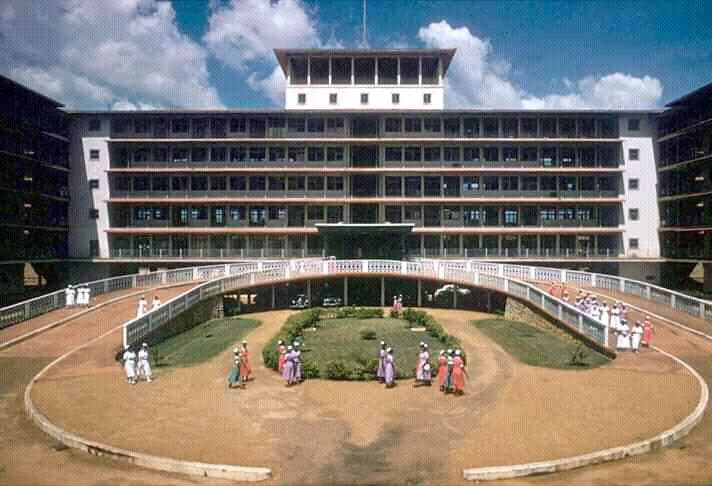by Ifeoluwa Adedeji
Again, pensioners in Osun State have threatened to shut down the state, if the government fails to pay all their outstanding pension and gratuity. This came three months after the last one that took place when the state marked its 25th year of creation on August 27. Meanwhile, public relations messages target the iconic commitment of the government to erecting mega structures and roads, Osun State Youth Empowerment Scheme (O-YES), Osun Elementary School Feeding and Health Programme (O-MEALS), and other extraordinary legacies.
What is the essence of embarking on ambitious construction projects when public workers are not paid salaries and retired public servants have been made miserable due to the state government’s insistence on ridiculing their long years of service? In the wake of a national economic downturn, the Osun State government decided to pay half pensions. The arrangement is that pensioners earning below 20,000 naira are paid in full, while those earning above that amount are paid 50%. If the obscenity of this kind of arrangement is not immediately apparent, a little math helps: a pensioner who receives 35,000 naira monthly has no choice but to manage 17,500 naira. For some of these pensioners, living and keeping up with responsibilities have become difficult pursuits. While some have died of hardships experienced, others have had to rediscover the informal business sector or rely on helps and donations from family, friends and well-wishers. This is one reason why it’s a waste of time to attempt an understanding of the informal sector in Nigeria and the ‘love’ for multiple jobs through the lens of cultural economics – what really happens on the ground is survival economics.
It is impossible to talk about the failure of state governments without being redirected to other state governments or the federal government or the previous political party. As Semiu Okanlawon, Director of Osun State’s Bureau of Communications, Media and Strategy reminds us, “while we sympathize with our workers and pensioners alike, for not paying up to date, it’s pertinent to state that this is not peculiar to Osun and indeed, Osun has made efforts that should be commended by all, especially in the face of national cash crunch.” This attempt to solicit acceptance of the despicable treatment of Osun workers by comparing Osun to other states has a long tradition in postcolonial societies. Essentially, one cannot comment on the effectiveness of a particular government without giving allowance for the general state of governments. The ultimate aim of such logic is this: everything is lost in crafted references. Osun State becomes like any other state, the only assessment that holds being the result of comparisons.
The manner in which agencies of the state mislead the public with inaccurate narratives and falsified data does not drive the notion of ‘ipinle omoluabi’, the motto of the ‘State of Osun’. Mr. Okanlawon states that “local government and primary school pensioners have been paid up to August 2016, like all workers in the state.” On the contrary, these categories of people are owed more than four months’ payment. Beyond owing and delaying payments, however, greater concern should be placed on how this piling debt will be repaid, and tougher questions asked of what the legacy of this exercise will be. It seems that the state is religiously hoping for a turnaround in federal economic fortune to enable it bounce back. There is no clear economic plan in place and there is a terrifying possibility that the next government will inherit the legacies of the present administration.
As long as this continues, there cannot be trust and honest service – the basic grounds on which a prosperous government and economy, for the people and their leaders, is built. Legacy needs to immediately affect the people and deal with root causes, rather than leaving the most important questions for another day and making poor attempts at socialist fix. If socialism cannot be maintained, rather than suffering the same people that are purportedly at the heart of government, it should be reconsidered.
Ifeoluwa is a graduate student at Ohio University’s Centre for International Studies where he engages research focused on Africa. Prior to this position, he has taught government studies at Nasarawa State Polytechnic; done policy research at the African Policy Research Institute, Abuja; and worked in Public Relations at Red Media Africa. In 2015, he was selected by the British Council as the Nigerian delegate on the Going Global 2015 Conference panel on graduate unemployment and entrepreneurship in sub-Saharan Africa, and recently was shortlisted for the World Innovation Summit on Education Learners’ Voice Program. He has a degree in political science from the University of Ibadan.















